
Proven Health Benefits of Eating Eggs: More Than Just Breakfast Food
Proven Health Benefits of Eating Eggs: More Than Just Breakfast Food

Eggs have long been a subject of debate in mainstream media due to concerns about their cholesterol content. However, emerging evidence increasingly highlights their remarkable nutritional profile and numerous health benefits, making them a surprisingly ideal addition to a healthy diet. From being packed with essential vitamins and minerals to supporting eye health and even helping to manage weight, eggs offer a wealth of advantages.
Eggs: A Nutritional Powerhouse
Eggs are undeniably among the most nutritious foods on the planet. They are loaded with high-quality proteins, vital vitamins, essential minerals, beneficial fats, and various trace nutrients.
A single large (50g) egg typically provides:
-
Vitamin A: 5% of the Recommended Dietary Allowance (RDA)
-
Vitamin D: 10% of the RDA
-
Vitamin B12: 10% of the RDA
-
Vitamin B6: 5% of the RDA
-
Selenium: 28% of the RDA
-
Phosphorus: 9% of the RDA
-
Vitamin B2 (Riboflavin): 15% of the RDA
Eggs also contain decent amounts of vitamin E, vitamin K, calcium, and zinc. A large egg typically has around 72 calories, 6 grams of protein, and 3 grams of healthy fats. Essentially, eggs are a nearly complete food, containing a little bit of almost every nutrient our bodies need.
Exciting Health Benefits of Eggs:
1. Promote Good Eye Health
Move over, carrots! Eggs are also champions for vision. Egg yolks are rich in the powerful antioxidants lutein and zeaxanthin. These compounds are crucial for reducing your risk of developing macular degeneration and other common age-related eye problems. Studies, like one published in the American Journal of Clinical Nutrition, confirm that consuming egg yolks significantly increases the levels of these antioxidants in the body. (1) It’s important to remember that these vital nutrients are primarily found in the yolk, so don't skip it! Additionally, eggs are abundant in Vitamin A, a nutrient crucial for healthy eyes, with deficiencies leading to widespread blindness globally. (2)
2. Can Aid in Weight Loss
Despite past misconceptions about their fat content, eggs can be a powerful ally in weight management. A study published in the Journal of the American College of Nutrition found that individuals who ate protein-rich eggs for breakfast were better at controlling their appetites while trying to lose weight. They reported greater satiety (feeling full) after an egg breakfast compared to a carbohydrate-rich bagel breakfast. This led to participants consuming notably fewer calories throughout the day, with effects lasting up to 36 hours in some cases. (5) This makes eggs a smart choice for those looking to manage their weight.
3. Help Build Bone and Muscle Strength
Eggs are one of the few natural food sources of Vitamin D, which, when combined with calcium, is essential for promoting strong bones and potentially preventing osteoporosis. Beyond bones, the high-quality protein in eggs makes them ideal for building and maintaining strong muscles. Egg proteins are balanced and easily utilized by the body to repair and renew muscle tissue, contributing to increased muscle mass. This high biological value distinguishes egg protein from many other protein sources.
4. Boost Brain Health and Keep You Sharp
Thanks to an essential nutrient called choline, eggs can significantly enhance brain power. A study in the American Journal of Clinical Nutrition involving over a thousand volunteers found that increased dietary choline intake was associated with improved cognitive function, including better visual and verbal memory. (3) Another study in the British Journal of Nutrition on adults in their 70s also linked higher choline levels to better performance on cognitive tests, including perception speed and executive function. Eggs are an excellent source of choline: a single large egg can provide 35% of your daily choline needs, which is great news, especially since studies suggest 90% of Americans don't get enough of it. (6) Eggs also contain other nutrients known to help delay the onset of Alzheimer’s disease and dementia.
5. May Prevent Heart Disease and Breast Cancer
A study by scientists at the University of North Carolina at Chapel Hill's Department of Nutrition found that the choline in eggs is beneficial not only for brain function but also for heart health, and may even play a preventative role in breast cancer. (4) These findings, published in Nutrition Reviews, further challenge older beliefs about eggs and cholesterol, highlighting their positive impact on cardiovascular health.

Understanding Eggs and Cholesterol
For decades, eggs were often advised against for individuals monitoring their cholesterol levels. This was because eggs are indeed high in dietary cholesterol. However, more recent research has largely debunked the direct link between dietary cholesterol intake (from foods like eggs) and actual blood cholesterol levels in most healthy individuals.
-
A 2006 study in the Journal of Nutrition found that participants over 60 who ate one egg per day for five weeks experienced an increase in beneficial eye health nutrients (lutein and zeaxanthin) without negatively affecting their cholesterol levels.
-
A 2008 study published in the Upsala Journal of Medical Sciences observed no difference in cholesterol levels among healthy middle-aged participants who consumed a whole egg daily for a month.
-
In fact, a 2013 study in the journal Lipids showed that eating whole eggs actually increased levels of HDL (good) cholesterol and improved the effectiveness of HDL molecules. Higher HDL numbers are desirable as HDL helps prevent heart disease and stroke.
How Many Eggs Should You Eat Each Day?
According to the Mayo Clinic, most healthy people can safely eat up to seven eggs a week without an increased risk of heart disease. Some studies even suggest this level of egg consumption might help prevent certain types of strokes.
However, the situation can be different for individuals with diabetes. In this growing population, consuming seven eggs a week has been linked to a significantly increased risk of heart disease. A 2010 analysis in the Canadian Journal of Cardiology reported that participants in the Physicians’ Health Study who developed diabetes during the 20-year study were twice as likely to develop cardiovascular disease if they ate one egg per day. (7)
If you enjoy eggs but are concerned about cholesterol, you can opt for egg whites alone, as all the cholesterol is in the yolk. However, remember that many of the egg's beneficial nutrients, especially the antioxidants for eye health and choline for brain health, are also concentrated in the yolk. Therefore, consider consuming the whole egg from time to time, even if you are being cholesterol-conscious.
Do you incorporate eggs into your diet regularly, or are you still wary of their cholesterol content?
News in the same category


13cm of Intestine Fell Out After 2 Hours on the Phone in the Toilet: 5 Dangers of Using Your Phone in the Bathroom

Don't Drink Water Right After Waking Up — Doctors Recommend Doing These 5 Things First
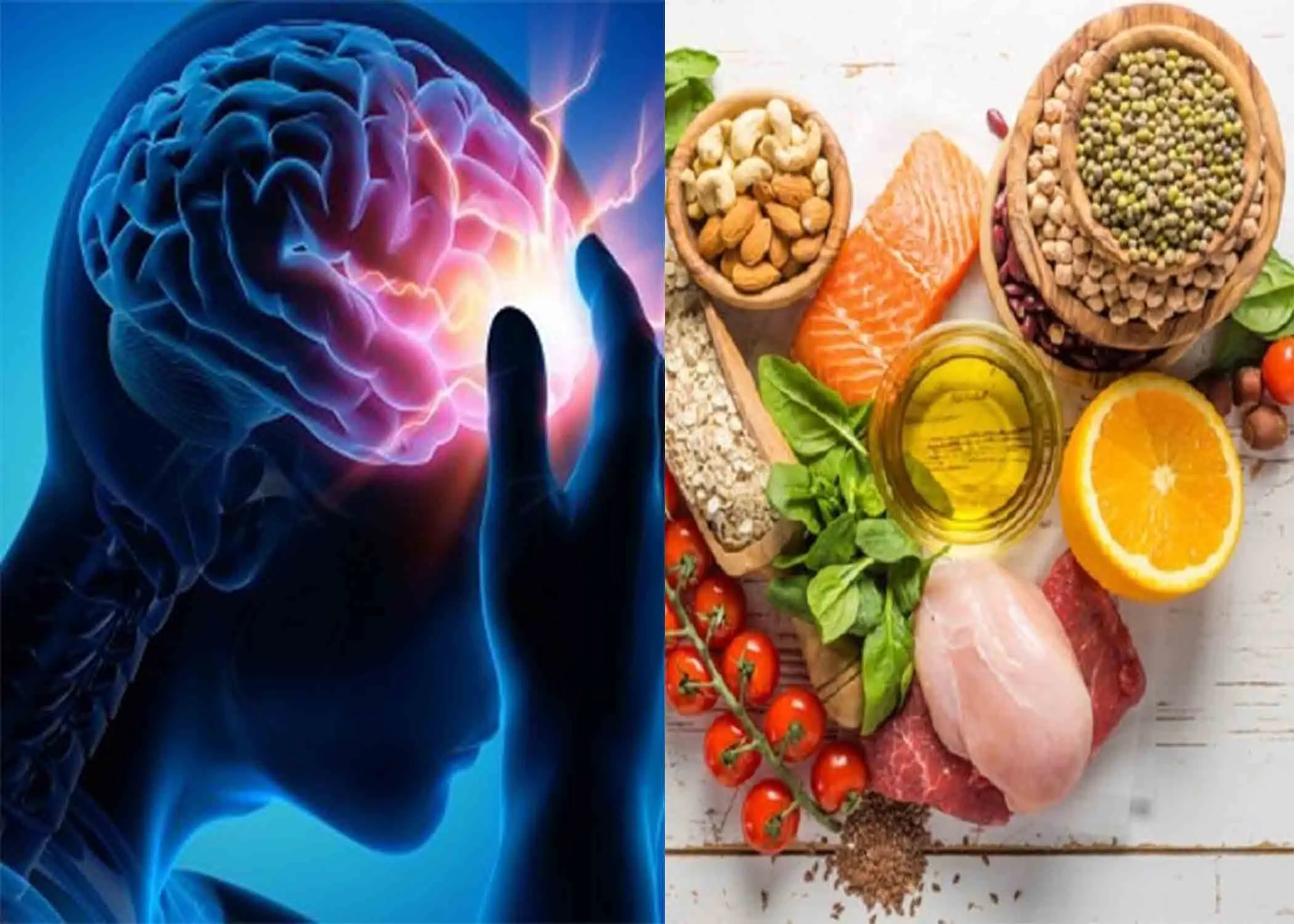
A 40-Year-Old Man Suffers a Stroke After Dinner: Doctor Points Out 3 Critical Mistakes

This Fruit Is Eaten Every Morning by a Famous Billionaire: A Powerful Secret to Fighting Cancer

Warning Signs in Your Stool That May Indicate Colon Cancer: Seek Medical Attention Immediately

10 Effective Ways to Boost Your Lymphatic System Health
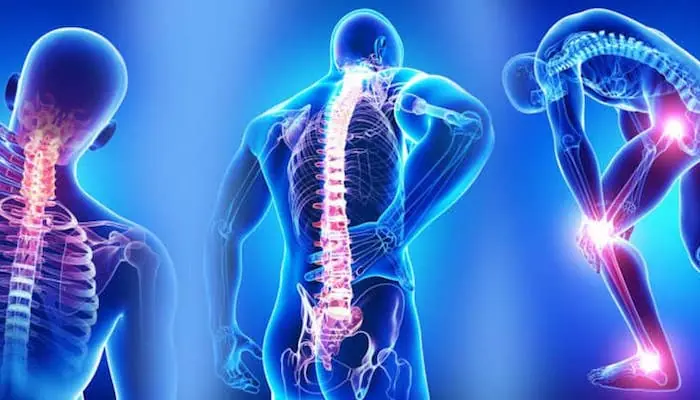
Fibromyalgia: Understanding Symptoms & 8 Natural Ways to Find Relief

Powerful Piriformis Stretches to Soothe Sciatic, Hip, and Lower Back Pain

4 Types of Cancer with Over 90% Cure Rate: Everyone Should Watch for the Early Signs

If Cancer Is Developing in the Body, These 3 Nighttime Signs Often Appear — But Many People Ignore Them
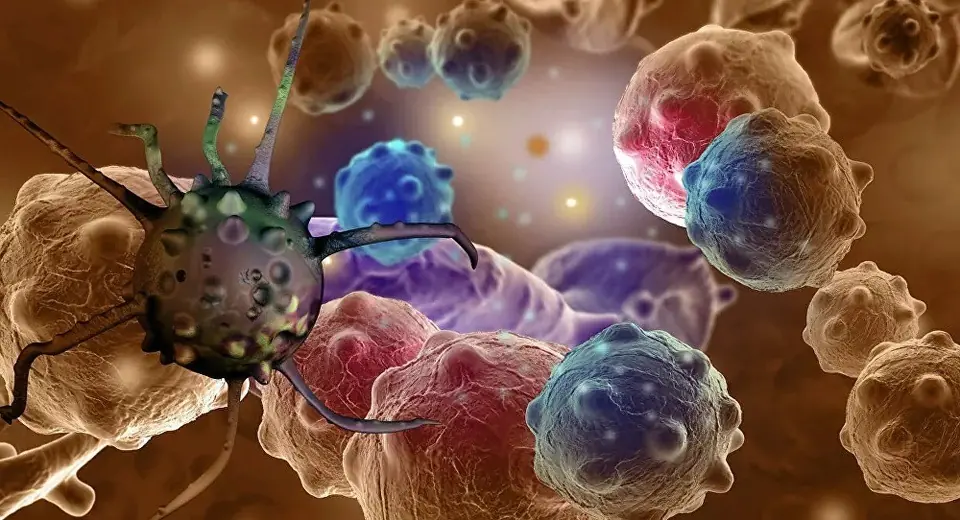
5 Early Symptoms of Stomach Cancer That Help with Early Detection
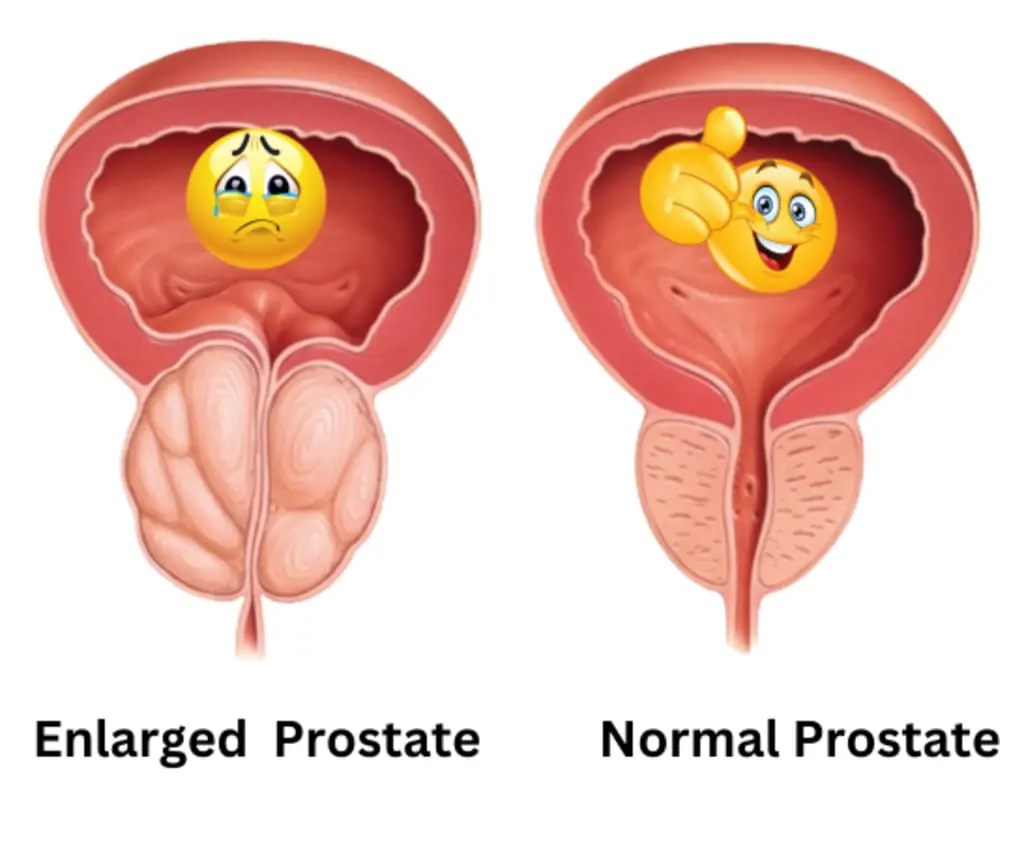
Prostate Cancer: Warning Signs and Symptoms Men Shouldn't Ignore
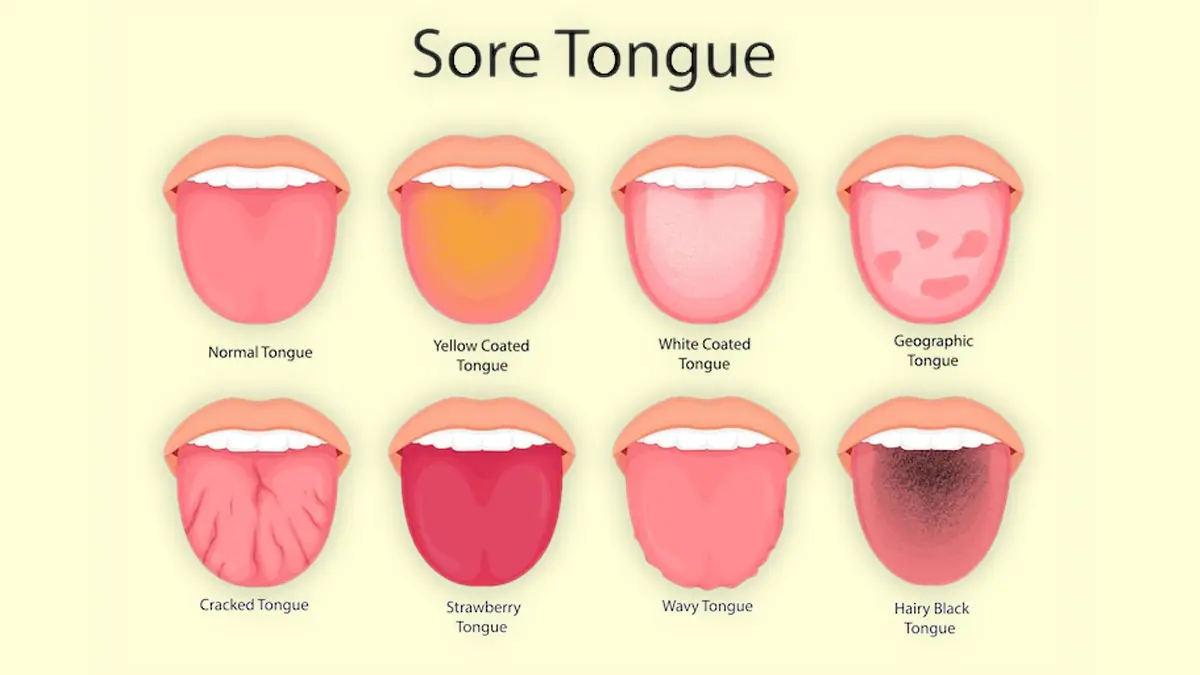
8 Warning Signs Your Tongue May Be Sending About Your Health
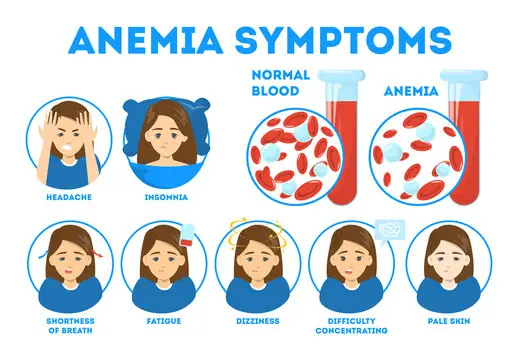
Boost Your Iron: Essential Signs to Watch For & Effective Strategies

Scientists Explain How Sleeping on Your Left Side Affects Your Health
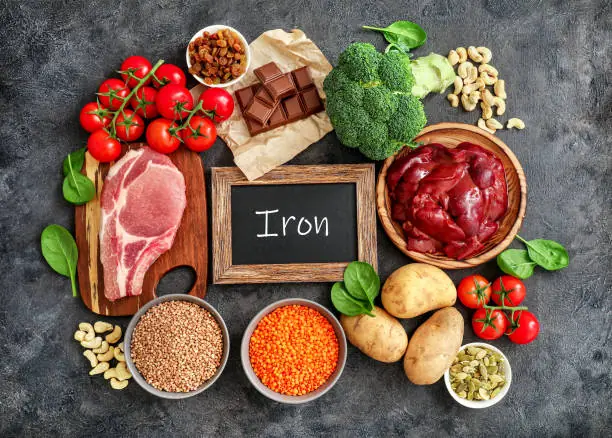
Top Signs of Iron Deficiency & Science-Backed Ways to Boost Your Iron Levels

Scientists Warn China-Identified Bat Virus Just One Mutation Away From Sparking Global Pandemic

Doctors Reveal How Eye Exams Can Detect Signs Of Cancer And Diabetes
News Post

The Back of Your Hand Reveals Longevity Secrets: 4 Signs Everyone Should Check

13cm of Intestine Fell Out After 2 Hours on the Phone in the Toilet: 5 Dangers of Using Your Phone in the Bathroom

Don't Drink Water Right After Waking Up — Doctors Recommend Doing These 5 Things First

Discover the Magic of Guava Leaf Tea: Your Secret to Vibrant Health

You Cannot HEAL Your KIDNEYS If You Don’t EAT These 15 Fruits!

Most People Ignore Aloe Vera—Until They Face One of These 16 Problems

🥕 Feeling Heavy, Bloated, and Tired? Try This Simple Morning Drink to Feel Lighter and Energized

Baking Soda and Lemon: 8 Potential Health Benefits for Women to Explore

12 Amazing Health Benefits of Papaya Flowers: A Jar of Papaya Flowers in Honey Can Help Your Whole Family Anytime

A 40-Year-Old Man Suffers a Stroke After Dinner: Doctor Points Out 3 Critical Mistakes

This Fruit Is Eaten Every Morning by a Famous Billionaire: A Powerful Secret to Fighting Cancer

Warning Signs in Your Stool That May Indicate Colon Cancer: Seek Medical Attention Immediately

10 Effective Ways to Boost Your Lymphatic System Health

Fibromyalgia: Understanding Symptoms & 8 Natural Ways to Find Relief

Powerful Piriformis Stretches to Soothe Sciatic, Hip, and Lower Back Pain

10 ALARMING Signs of Chronic Kidney Disease (Are You at Risk?)

35 Years Without Illness: My Natural Formula for Clear Eyes, Sharp Mind, and Stable Blood Pressure

Say Goodbye to Nail Fungus for Less Than $0.50! A Simple Bay Leaf Remedy That Works

Nature’s Overlooked Healer: Astonishing Benefits of Goosegrass You Need to Know
